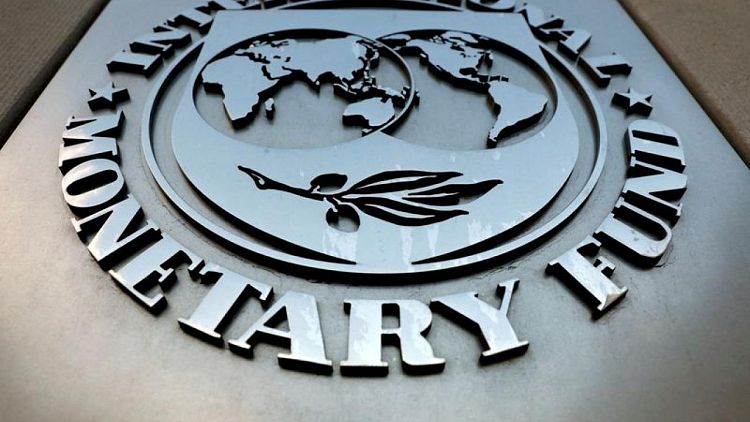By Huw Jones
LONDON - Britain needs to plug data and monitoring gaps in its fast growing 'non-bank' sector where liquidity during market crises could be helped by having access to government bond operations, the International Monetary Fund said on Tuesday.
Non-banks comprise hedge funds, mutual funds, pension funds, money market funds and insurance companies, which collectively now account for half of global financial activity.
Britain is a global financial hub whose non-banking sector has grown significantly, said Udaibir Saran Das, adviser and deputy director of Monetary Capital Markets at the IMF.
"That is something we have flagged with some sense of urgency to the UK authorities, that there are data gaps that need to be plugged, the perimeter of surveillance... needs to be broadened," Saran Das told a news conference on the IMF's latest assessment of Britain's economy and financial sector.
"It's no longer just the UK's problem, this thing has become very much an international issue."
The Bank of England, like its counterparts in the United States and the euro zone, injected liquidity into markets as economies went into lockdown in March 2020 to fight COVID-19, creating a "dash for cash".
Intervention prevented money market funds and other market participants from freezing up, but regulators globally are looking at what measures can be taken to avoid having to do the same again in the next market crisis.
"Meanwhile the authorities should strengthen backstops to the functioning of core markets in times of stress by considering allowing appropriately regulated, large, interconnected non-bank financial intermediaries access to repo and/or Gilt purchase operations," the IMF said.
In response, the BoE said its Financial Policy Committee had expressed strong support on Monday for global efforts in the coming year to develop policies to address vulnerabilities in market-based finance, otherwise the risks exposed at the start of the lockdowns in March 2020 would persist.
'MAJOR STRIDES'
The IMF said the financial cycle in Britain appeared to be slightly ahead of the economic one, and it called for continuing "assiduous macroprudential and supervisory vigilance".
It welcomed the BoE's decision on Monday to require banks to build up their "rainy day" capital buffers, adding that Britain had made "major strides" in laying out its post-Brexit financial sector frameworks.
Post-Brexit, it will be important for regulators to preserve the primacy of financial stability objectives, the IMF said.
Britain's finance ministry has proposed that UK regulators have an objective of maintaining the competitiveness of the financial sector, a proposal which raised concerns at the BoE about a possible return to lighter-touch regulation.


